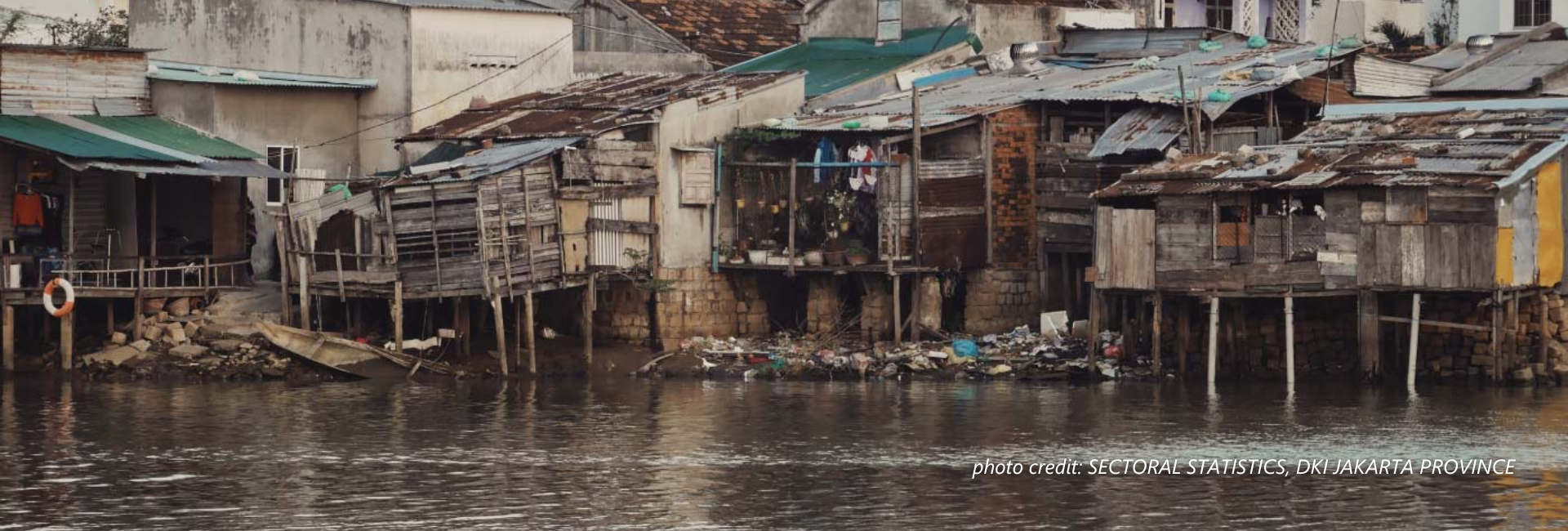This book presents twelve original chapters divided into three parts that discuss the achievements and challenges of Indonesia’s transformation since the fall of Suharto’s authoritarian regime in 1998. The fundamental transformation from an authoritarian to a democratic system is analyzed by researchers, experts, and NGO officials from various academic disciplines and from Asia at large (Japan, Korea, and Indonesia).
Part I, “Governance and Social Dynamics,” includes four chapters describing changes in institutions and social conditions since democratization in 1998. Part II, “Paths to Equality,” presents four chapters that examine the economic context of development policies to address poverty, inequality, and productivity, which are critical for Indonesia to escape the middle-income country trap. Part III, “Structural Challenges,” consists of four chapters that discuss corruption, human rights practices, and security and military reform. SMERU Senior Research Fellow Asep Suryahadi co-authored chapter 6 with Cecilia Marlina, “Understanding Metropolitan Poverty: The Profile of Poverty in Jabodetabek”.



